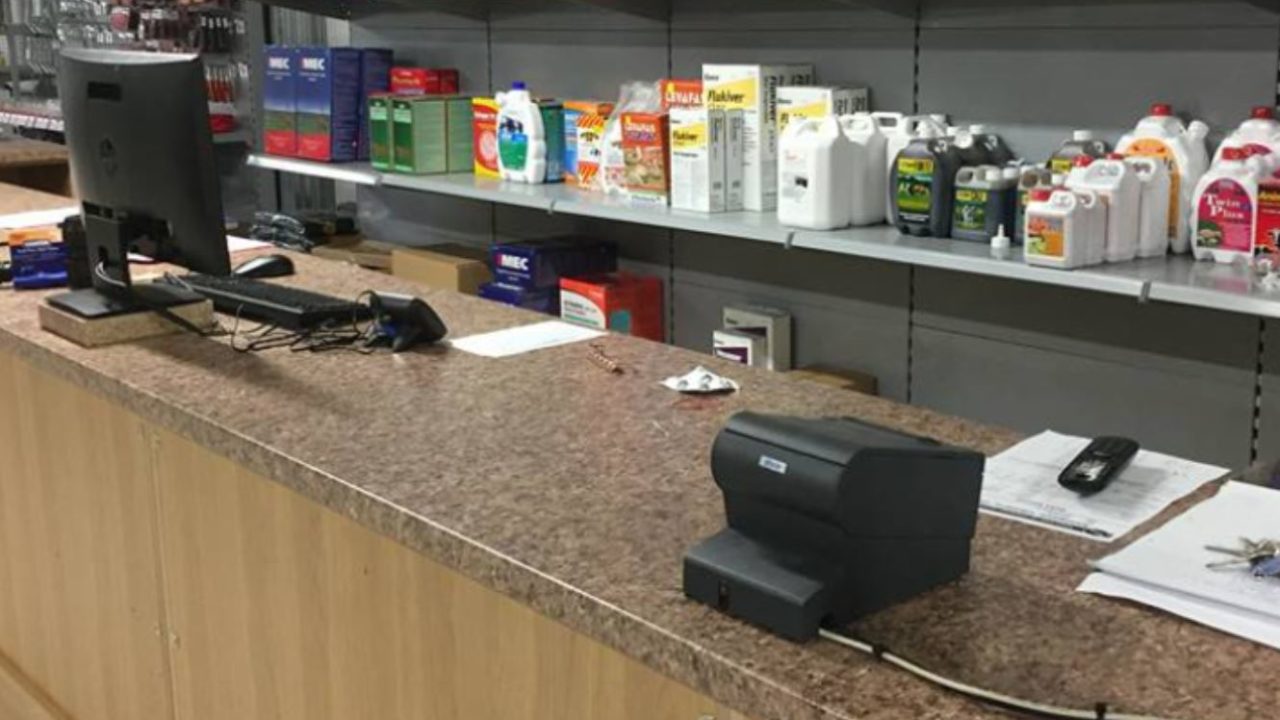A TD has said the decision to defer the onset of new vet medicine regulations from January to June “offers breathing space to licenced merchants”.
It was confirmed yesterday that these rules will be postponed by six months. After that, anti-parasitic veterinary medicines will require prescriptions from a vet.
This presented a number of concerns, particularly where licenced merchants are concerned, with some politicians and industry figures saying merchants would suffer competitively if vets controlled both prescription and retail of medicines.
However, independent TD Carol Nolan has said that the latest development in the long-running issue “opens up space for the possibility of more flexibility”.
Nolan said she “cautiously welcomed” the decision by the Department of Agriculture, Food and the Marine to introduce a National Veterinary Prescription System (NVPS).
Nolan had been in close contacts with licenced merchants on this issue for several months. She argued that “everything must now be done” to ensure that the new regulatory regime would retain the capacity of responsible persons (RP’s) to prescribe and sell anti-parasitic veterinary medicines after the onset of the rules next June.
“The entire licenced merchants sector has been under incredible pressure because of the imminent applications of the EU directive that would have destabilised their business model entirely,” the Laois-Offaly TD said.
“Thankfully, the decision take today, while not the end of the road, at least opens up space for the possibility of a more flexible regulatory approach.”
“We will wait and see until the details of the proposal are made clearer, but for now there is a certain degree of relief and that is welcome,” Nolan concluded.
The deferral of the onset of the regulations has been welcomed from all sides, with the Irish Cattle and Sheep Farmers’ Association (ICSA) saying farmers will also be relieved at the deferral.
ICSA Animal Health Committee chairperson Hugh Farrell said: “This was meant to come in on January 28, 2022 but there has been a concerted effort by ICSA, other farm organisations, and the licensed merchants’ representatives against this.
“We have also succeeded in ensuring that the prescription shall be valid for one year, rather than an initial proposal of five days,” Farrell highlighted.
